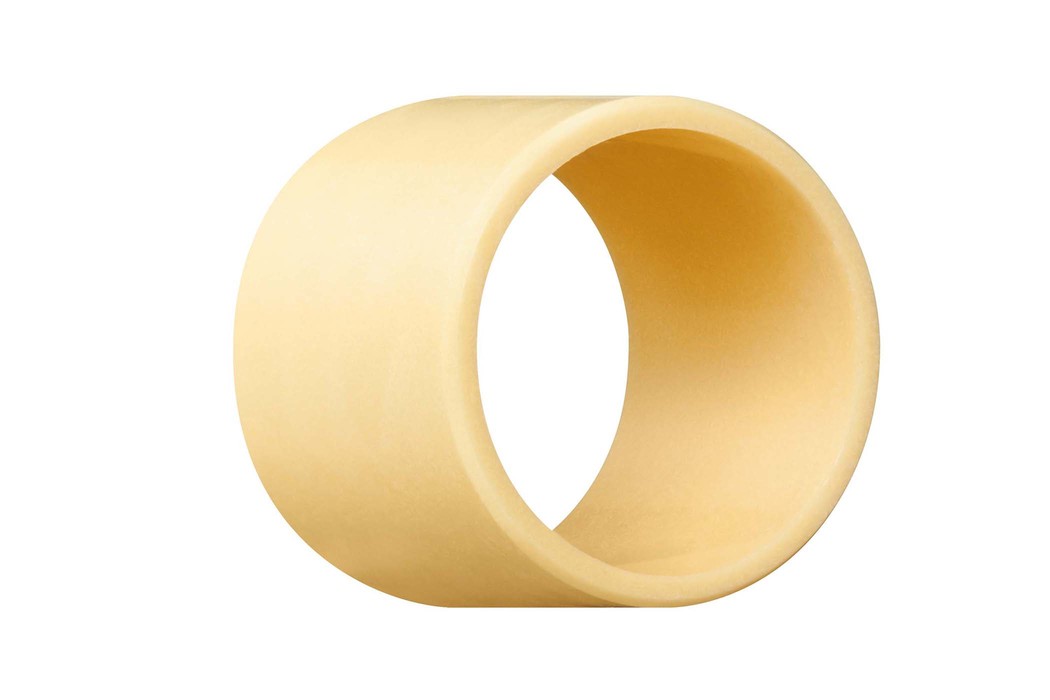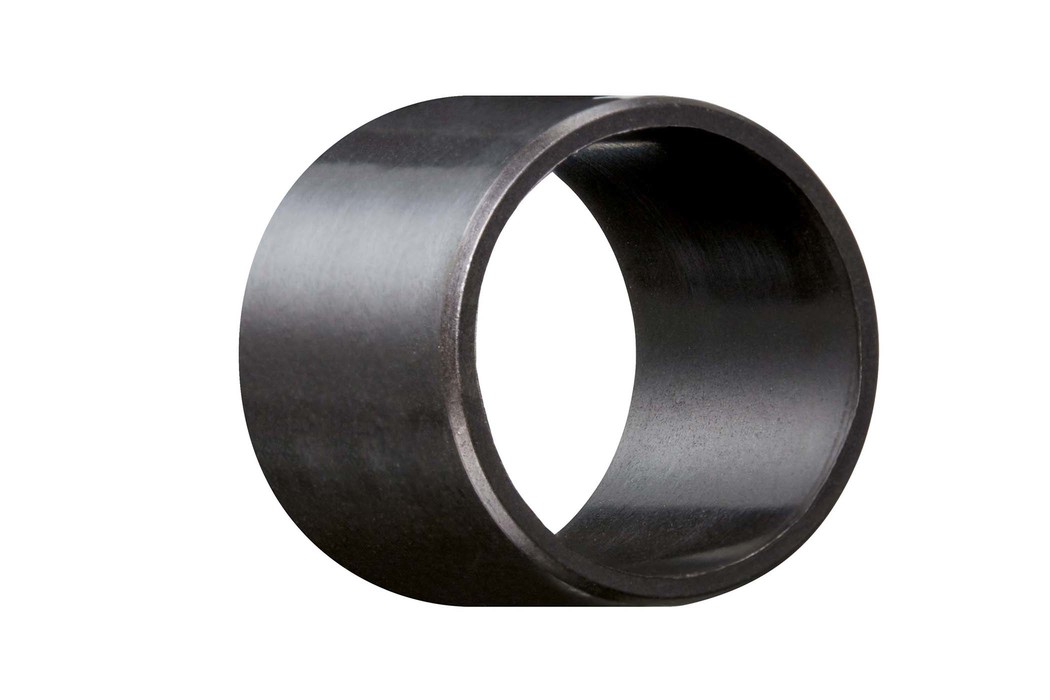Material Hub > Materialien
Materialien
-
Kategorie ThermoplasteEinsatztemperatur -200 – 80 °CDichte 0.96 g/cm³
-
Kategorie ThermoplasteEinsatztemperatur -200 – 80 °CDichte 0.96 g/cm³
-
Kategorie ThermoplasteEinsatztemperatur -200 – 80 °CDichte 0.95 g/cm³
-
Kategorie ThermoplasteEinsatztemperatur -200 – 80 °CDichte 0.94 g/cm³
-
Kategorie KunststoffeEinsatztemperatur –Dichte –
-
Kategorie KunststoffeEinsatztemperatur –Dichte –
-
Kategorie KunststoffeEinsatztemperatur -40 – 115 °CDichte 1.2 g/cm3
-
Kategorie KunststoffeEinsatztemperatur –Dichte –
-
Kategorie KunststoffeEinsatztemperatur -40 – 115 °CDichte 1.2 g/cm3
-
Kategorie KunststoffeEinsatztemperatur -40 – 115 °CDichte 1.2 g/cm3
-
Kategorie KunststoffeEinsatztemperatur –Dichte –
-
Kategorie ThermoplasteEinsatztemperatur -50 – 90 °CDichte 1.49 g/cm³
-
Kategorie ThermoplasteEinsatztemperatur -100 – 250 °CDichte 1.44 g/cm³
-
Kategorie ThermoplasteEinsatztemperatur -60 – 250 °CDichte 1.31 g/cm³
-
Kategorie ThermoplasteEinsatztemperatur < 260 °CDichte 1.31 g/cm³
-
Kategorie ThermoplasteEinsatztemperatur -50 – 100 °CDichte 1.41 g/cm³
-
Kategorie ThermoplasteEinsatztemperatur -50 – 100 °CDichte 1.41 g/cm³
-
Kategorie ThermoplasteEinsatztemperatur -50 – 100 °CDichte 1.41 g/cm³
-
Kategorie KunststoffbeschichtungEinsatztemperatur -40 – 200 °CDichte –
-
Kategorie KunststoffbeschichtungEinsatztemperatur -40 – 200 °CDichte –









